Ursula von der Leyen, President of the European Commission, and Andrius Kubilius - the European Commissioner for Defense and Space - are expected in Bucharest today, where they are expected to meet with President Nicuşor Dan and Prime Minister Ilie Bolojan to discuss defense investments in our country and on NATO's Eastern Flank, which will take place in the coming period. The dialogue between the two European officials and the decision-makers in Bucharest takes place under the conditions that part of these investments will be financed from the SAFE instrument - Action for the Security of Europe, a financial mechanism through which 150 billion euros are allocated for joint defense acquisitions. Moreover, Ursula von der Leyen and Andrius Kubilius arrive in Romania after last week the Minister of Economy, Radu Miruţă, signed with Armin Papperger, CEO of Rehinmetall, the contract for the construction, in the city of Victoria, Braşov County, of a powder factory for ammunition, an objective worth 535 million euros, of which 47 million euros were allocated last year by the European Union.
The visit of von der Leyen and the European Commissioner for Defense comes at a time when the EU is entering a new era of security, which marks a radical change: Europe can no longer depend on the military umbrella of the United States and must build its own defensive force. The SAFE mechanism brings a paradigm shift for the European Union. Common funds, incentives for military production, financial mechanisms to support governments and concrete targets: two million shells produced annually by 2025, six times more than in 2022. At the same time, NATO has raised the threshold for defense spending, from 2% of GDP to 5% by 2035, with 3.5% directed to classic spending and 1.5% to cutting-edge technologies, cyber defense and new weapons systems. This mobilization no longer remains just on paper, but is materializing in factories, plants and military infrastructure. In Germany, Rheinmetall has inaugurated a new weapons factory, in Poland the Oriental Shield of fortifications and minefields is being erected on the border with Russia, and Romania and Bulgaria are investing heavily in powders and projectiles. In the Baltic states, the drone is becoming a symbol of the new technological era: Latvia, together with the UK, is leading a European coalition in the field of unmanned aerial warfare, and in Lithuania, primary school students are already learning to build and fly them.
Major industrial projects confirm the irreversible direction: France, Germany and Spain are developing the sixth-generation FCAS aircraft, intended to replace the Eurofighter and Rafale by 2040. Italy, the UK and Japan are betting on the Gcap program, supported by Leonardo and Bae Systems. In parallel, 51 companies from 13 European countries are working on the first fully European tank, a prototype expected by 2030.
The medical infrastructure is not ignored either: the French media reported in the middle of last week the decision of the government in Paris to prepare hospitals in the Hexagon to receive thousands of wounded soldiers and to build military hospitals that would be strategically located near ports and airports for the rapid relocation of foreign soldiers.
In this context, Romania is emerging as a key pillar on the Eastern Flank, with billions of euros in defense industry projects and an essential strategic position in European defense. The visit of Ursula von der Leyen and Commissioner Kubilius to Bucharest represents a clear recognition of this role, and the dialogue with President Nicuşor Dan and Prime Minister Ilie Bolojan will primarily aim at Romania's integration into major European industrial programs, support for investments in military infrastructure and the country's preparation for crisis scenarios.


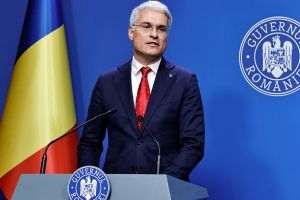

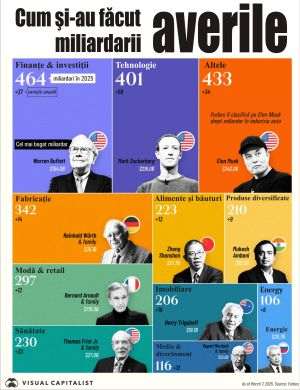

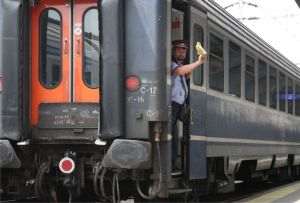
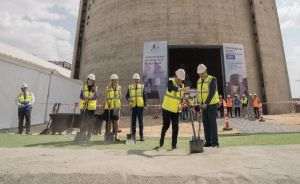







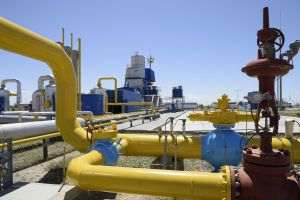
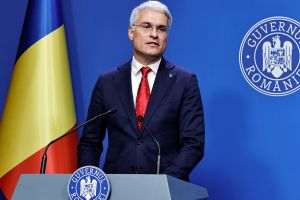
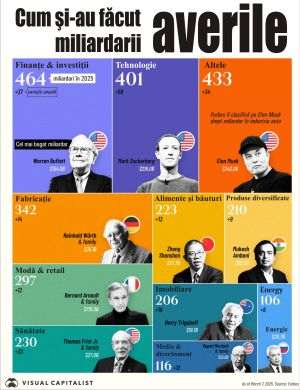































1. Încotro ne îndreptăm?
(message sent by Ewiak Ryszard on 01.09.2025, 10:17)
Cu referire la perioada curentă, Iisus a anunțat: "Când mai târziu veţi auzi despre bătăliile, apoi frământările războiului [acesta este anunțul unui război major care va preceda împlinirea semnului. Luptele regionale se vor transforma în al treilea război mondial], să nu vă înspăimântaţi, pentru că întâi trebuie să se întâmple aceste lucruri. Dar împlinirea [semnului = un război nuclear] nu imediat" (Luca 21:9).
În Cartea lui Daniel citim: "Şi [regele nordului = Rusia începând cu a doua jumătate a secolului al XIX-lea (Daniel 11:27)] se va întoarce în ţara lui cu multe bunuri [1945], iar inima lui va fi împotriva legământului sfânt [ostilitate față de creștini]. El va acţiona [mare activitate în arena internaţională] şi se va întoarce în ţara lui [dezintegrarea Pactului de la Varșovia și a Uniunii Sovietice. Un militar rus s-au întors în ţara lor]. La timpul fixat se va întoarce [Rusia își va recăpăta influența pe care a pierdut-o după prăbușirea URSS. UE și NATO se vor destrăma. Multe țări din fostul bloc estic se vor întoarce la o alianță militară cu Rusia]. Şi va intra la sud [acesta va fi începutul războiului nuclear. Detonatorul va fi conflictul etnic (Matei 24:7)], dar nu va mai fi ca înainte [al Doilea Război Mondial] și mai târziu [aceasta este un avertisment cu privire la un alt război major]" (Daniel 11:28,29).
Atunci va avea loc o intervenție directă a SUA și război nuclear la nivel mondial (Daniel 11:30a).
Aceasta va fi un măcel reciproc. Va fi folosită "o sabie scurtă de mare putere" (Apocalipsa 6:4).
Acesta va fi și începutul zilei judecății (Apocalipsa 1:10).
Dar acest lucru nu se va întâmpla în curând. Se va întâmpla într-o manieră bruscă [?? ?????] (Apocalipsa 1:1).
Încă mai este timp să te împaci cu Dumnezeu. Aceasta este cea mai bună protecție.